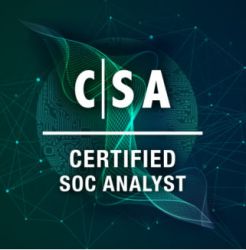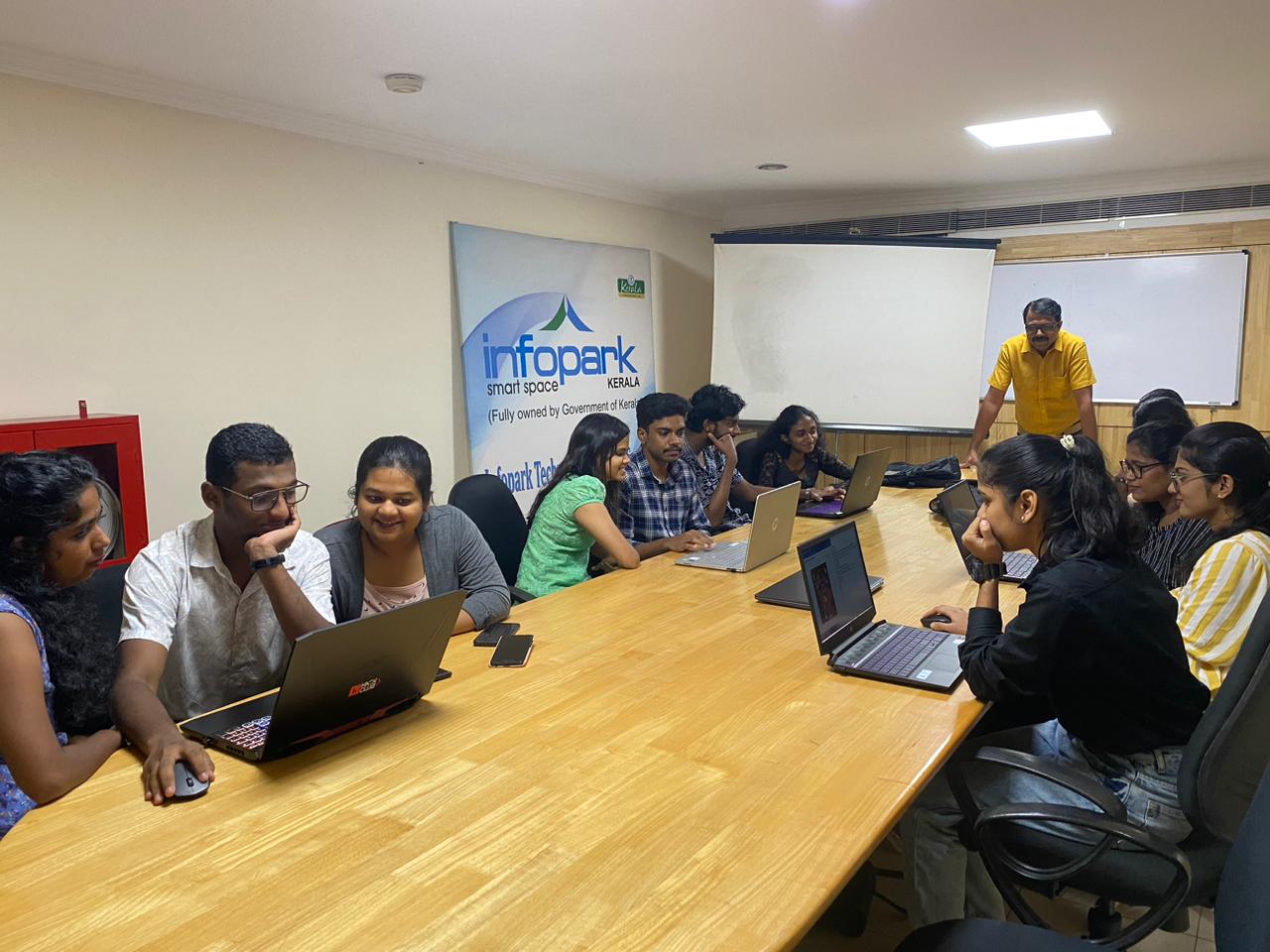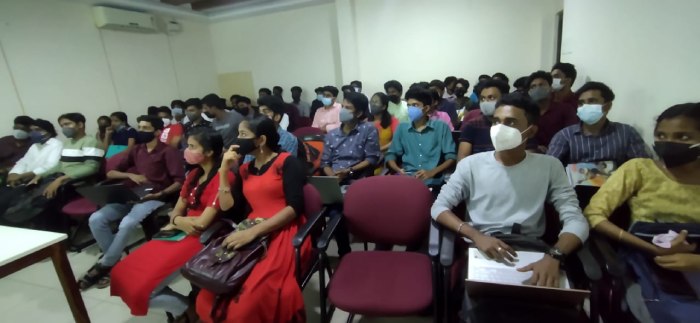SOC Analyst Training by Experts
Our Training Process

SOC Analyst - Syllabus, Fees & Duration
Introduction to Cybersecurity
- Basics of cybersecurity
- Common cyber threats and attack vectors
Networking Fundamentals:
- Understanding TCP/IP
- Network protocols
- Firewalls, routers, and switches
Operating Systems
- In-depth knowledge of Windows, Linux, and possibly macOS
- File systems and permissions
Security Technologies
- Antivirus and anti-malware solutions
- Intrusion detection/prevention systems (IDS/IPS)
- Security information and event management (SIEM) systems
Incident Response
- Incident detection and analysis
- Incident classification and escalation
- Incident documentation and reporting
Threat Intelligence:
- Understanding threat intelligence
- Integrating threat intelligence into daily operations
Security Monitoring:
- Log analysis
- Network traffic analysis
- Endpoint security monitoring
Vulnerability Management
'- Identifying and prioritizing vulnerabilities
- Patch management
Security Policies and Compliance
- Understanding security policies and procedures
- Compliance standards and regulations
Hands-on Labs and Simulations
- Practical exercises & simulations for real scenarios
- Use of cybersecurity tools in a controlled environment
Soft Skills
- Communication and collaboration
- Analytical thinking and problem-solving
This syllabus is not final and can be customized as per needs/updates





 Additionally, ongoing professional development is often recommended to keep SOC analysts updated on the latest threats and technologies. Forensic Analysis:Perform forensic analysis on security incidents to understand the scope, impact, and root causes. Configure and manage security infrastructure to protect against unauthorized access.
What does a cyber security analysts do?
A cybersecurity analyst is a professional responsible for protecting an organization's computer systems and networks from security breaches and cyber threats. Cybersecurity analysts play a crucial role in maintaining the confidentiality, integrity, and availability of an organization's information assets. The duration of SOC analyst training programs in Houston can vary based on factors such as the depth of content, the training format (full-time, part-time, online, on-site), and the prior experience of participants. Develop and implement incident response plans to minimize damage and prevent future incidents. Use security information and event management (SIEM) tools to analyze logs and detect anomalous activities. Stay updated on changes in cybersecurity laws and regulations. The specific duties and responsibilities of a cybersecurity analyst can vary depending on the organization's size, industry, and the complexity of its IT infrastructure.
Additionally, ongoing professional development is often recommended to keep SOC analysts updated on the latest threats and technologies. Forensic Analysis:Perform forensic analysis on security incidents to understand the scope, impact, and root causes. Configure and manage security infrastructure to protect against unauthorized access.
What does a cyber security analysts do?
A cybersecurity analyst is a professional responsible for protecting an organization's computer systems and networks from security breaches and cyber threats. Cybersecurity analysts play a crucial role in maintaining the confidentiality, integrity, and availability of an organization's information assets. The duration of SOC analyst training programs in Houston can vary based on factors such as the depth of content, the training format (full-time, part-time, online, on-site), and the prior experience of participants. Develop and implement incident response plans to minimize damage and prevent future incidents. Use security information and event management (SIEM) tools to analyze logs and detect anomalous activities. Stay updated on changes in cybersecurity laws and regulations. The specific duties and responsibilities of a cybersecurity analyst can vary depending on the organization's size, industry, and the complexity of its IT infrastructure.



















































































